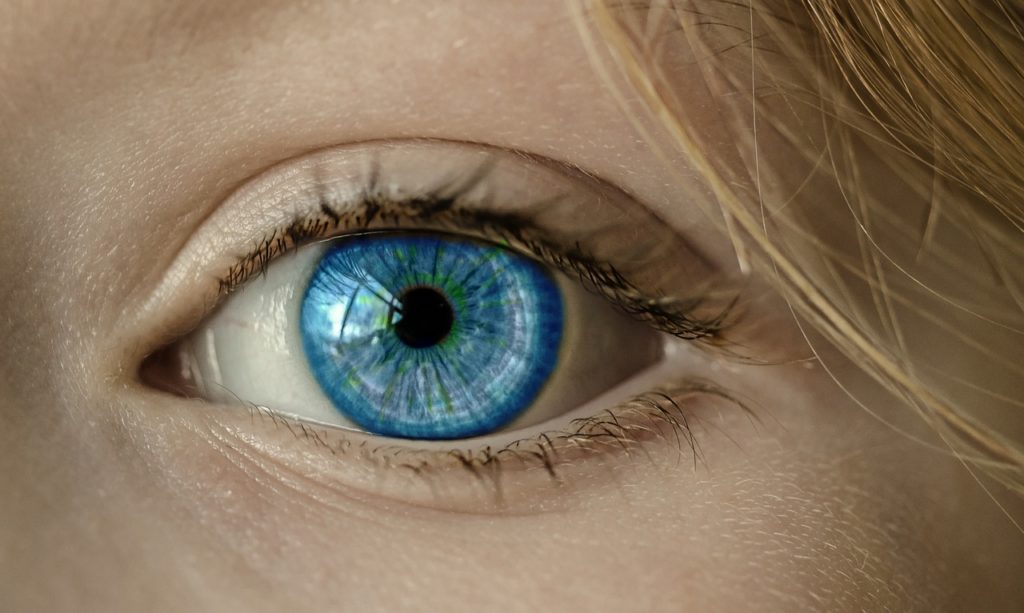1. Idiopathic Intracranial Hypertension: This occurs when increased pressure around the brain leads to vision changes. It develops when the cerebrospinal fluid builds up in the skull and puts pressure on the optic nerve. Symptoms include double vision, blind spot, temporary blindness, side vision loss and headaches. While the causes are unknown, treatments may include weight loss, medication, to even surgery.
2. Behcet’s Disease: This involves a condition that damages the blood vessels in different parts of the body, and in some cases, the vessels in the eyes can be damaged. Symptoms include redness, eye pain, and blurry vision. This disease occurs when inflammation in the blood vessels from an abnormal immune system response, although doctors aren’t sure of the cause. Treatments aim to decrease inflammation and typically include steroids and medications.
3. Retinoblastoma: This is an uncommon type of cancer that affects the retina. According to the American Cancer Society, it is most common in children under two. Symptoms typically include eye pain, swelling, watery eyes, poor vision, or an eye that drifts in a different direction. Treatment involves surgery to remove the tumor, and may also include radiation therapy, chemotherapy, and laser therapy.


